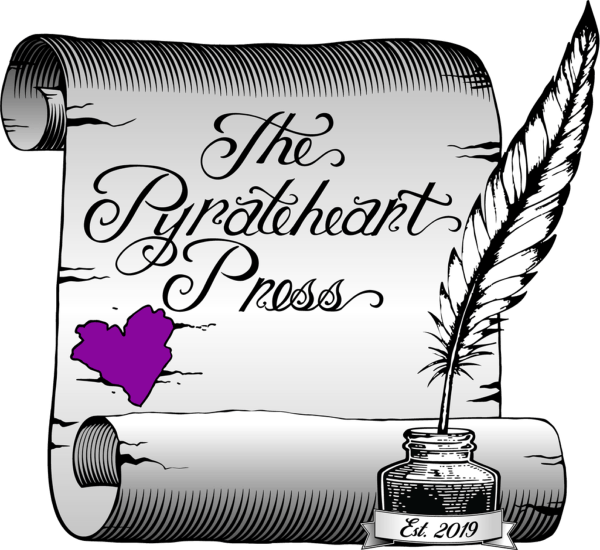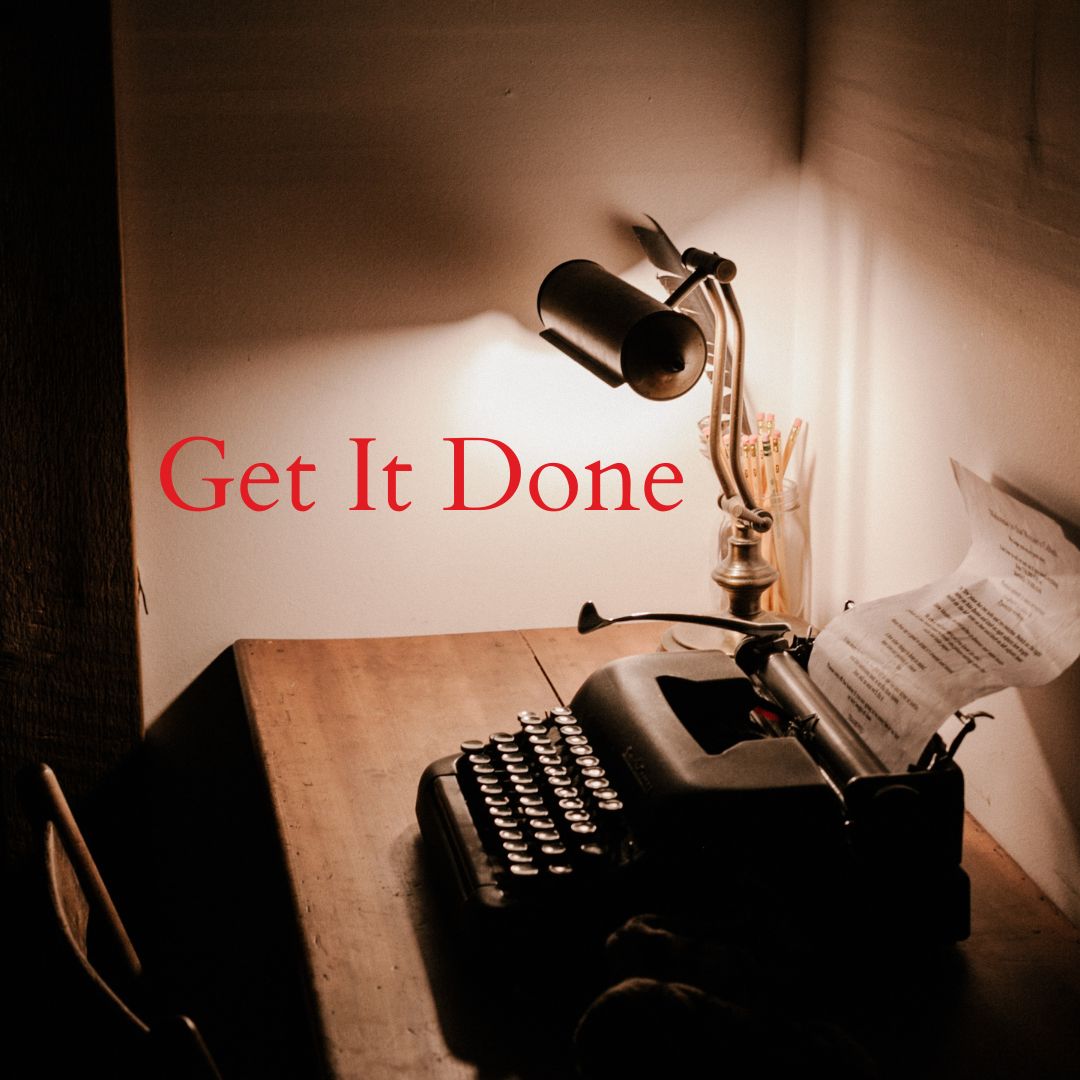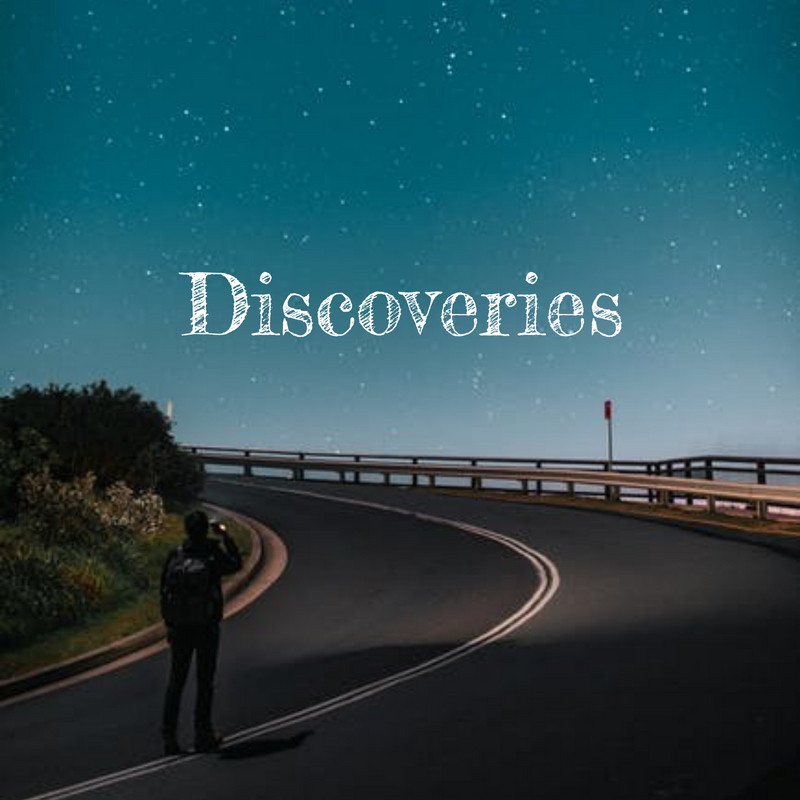Blog Layout
Story Development Part 3 Locations
R. Ross Whalen • Jun 15, 2021

We have talked about plots and characters names in the previous installments of story development. I have purposely skipped over characters. Characters match the writer’s style. They are truly personal creations.
Most are flawed which I find to be great. Humans are flawed and characters in stories should reflect that too. If they are perfect, then there should be a reason for that as well. I leave character development to you the writer.
I want to see what you create and what your characters do. Characters are a reflection of the writer, and we live through them vicariously. Some are people we want to be; some are people we want to know, and some are people we want to kill. There are a lot of gray areas in between these, however; that’s what makes characters fun. They can be whoever and whatever we want them to be. There are no limits.
Which leads me into my next part of story development – locations. In several of the books we at The Pyrateheart Press have published, the location becomes a character. An important character for which the stories would falter if the location wasn’t treated like a character.
In The Lodge for example, the island is a character. It is also the main location, but the island had to be treated like a character for the story or the story would have been a flat, lifeless rendition of an unusual love story set to a wooden backdrop. The island, as well as all the other locations, were critical to the story itself. They had a life to them. The locations breathed life into the story itself.
But is this necessary for every story? Is it critical to a story’s development? No. No it is not. After the writing frenzy of crafting the original story, I often look at what importance a story’s location possesses. Is it critical to the story or should it be treated as secondary or even treated as anything at all?
Story development is a lot like editing. When I edit, it is simply a series of questions. One of those horribly necessary questions I ask is if something helps or hinders a story. This is a good tool for when you develop your story from the free writing of the first draft. You have your settings for each scene. Is it necessary to elaborate on these settings or should you simply leave them as vague or as something hinted at?
Often the answer is: all the above. For some scenes, the setting is irrelevant. What is important is what the characters are doing or saying or how they feel. The setting is simply background. In others, the setting is all important. What you have to do is decide which is which. In horror stories for example, I have found that the settings are incredibly necessary to set the tone of the story. The setting builds up the tension.
In The Shining, the story would have not been the same if the hotel was not a character in the story. You would not have held the book in a tight grip as you read it waiting to see what happens next. The same with Southern Gothic stories or stories that follow a Noir style.
In others it is a backdrop. Romances for example. The setting is somewhere down there on the scale of importance, but it is hardly in the top three; but a Western? By the very nature of its story line the setting is a character.
And yet, I bet you can write a Western without ever letting the reader know where the actual setting is located. Many Syfy style space westerns are that way. So, there are exceptions to any so-called rule for writers.
In The Peggy’s original free writing first draft, I concentrated on the setting as a character. Went into great glorious detail about the locations and what they meant to the story. As I reread the story after all these years, I found all those details to detract from the story itself.
The Peggy’s is a story about a team of female serial killers and rapists. The settings became secondary. There needed to be locations of course, but they are support mechanisms, not characters. It doesn’t matter which city the story happens. Nor does it matter where the crimes happen or the surroundings. What matters is the crimes, the way the characters are involved and behave, the way they react and what they do.
This was a hard one for me. I enjoyed crafting the settings. Enjoyed bringing the city to life as a character and how it caused characters to act. Cities influence their people. That influence is all important to a story set in Chicago or Boston or New Orleans or Minneapolis.
People in Birmingham Alabama don’t act like people from Seattle Washington. People raised in the Midwest don’t respond like the inhabitants of L.A. People in the regions of L.A. don’t act the same. I lived there for three years. Believe me, people form the Hollywood Hills do not act like those from San Pedro.
So, I had to make a decision. Do I make The Peggy’s a specific location or not?
The answer was no. As I said earlier, I wanted the story to be about the crimes and those who committed them. And the chase. The all-important chase to catch the criminals. The settings became secondary which meant I had to cut out all the prose I used to craft them. With a dull edged hatchet. I killed my babies.
This is an important lesson I try to convey to every writer I work with. Stephen King coined the phrase I believe. He said you must be willing to kill your babies. By this he meant you had to be able to remove from your stories those pieces of writing you love. Those pieces of writing which are often your best writing in the entire story. They often showcase incredible skills in the craft, and they, more often than not; must be removed from the story for it to flow from one scene to the next. To keep the story going and keep the reader interested.
It sucks. I know this from personal experience. In The Peggy’s, I had to go through each scene and rewrite it. The setting was overpowering the plot. The locations had become the plot driver and not the crimes and characters. It detracted – big time. So, I got out my delete button and began to execute them. I killed them all. One letter at a time.
It’s hard. Very hard to kill off such good writing. In every instance where I recommend such death of story pieces, I run into backlash. Hard backlash. I get called names, insulted, my experience questioned, and at times my manhood questioned even more. Yet, I too must go through it.
In Tank, I took a hundred thousand plus word epic and reduced it to a novella. I hated it, but in the end the story was inside the novella and not the epic. The same with The Peggy’s. The story is not in the locations, it is inside the minds of the characters and the crimes they commit.
When you develop a story, you must ask yourself what importance your settings possess in the story. And if they are important, like setting your story in South Boston, are your characters in tune with this setting?
You decide what to do with your settings. Then look at them again as you write your second draft. Are they important or do they detract? And be honest. Writing is perhaps the most honest place you will ever inhabit. Even if all you are doing is crafting a piece of fiction.
I’m Ross, the Editor-in-Chief at The Pyrateheart Press and I’m out.





